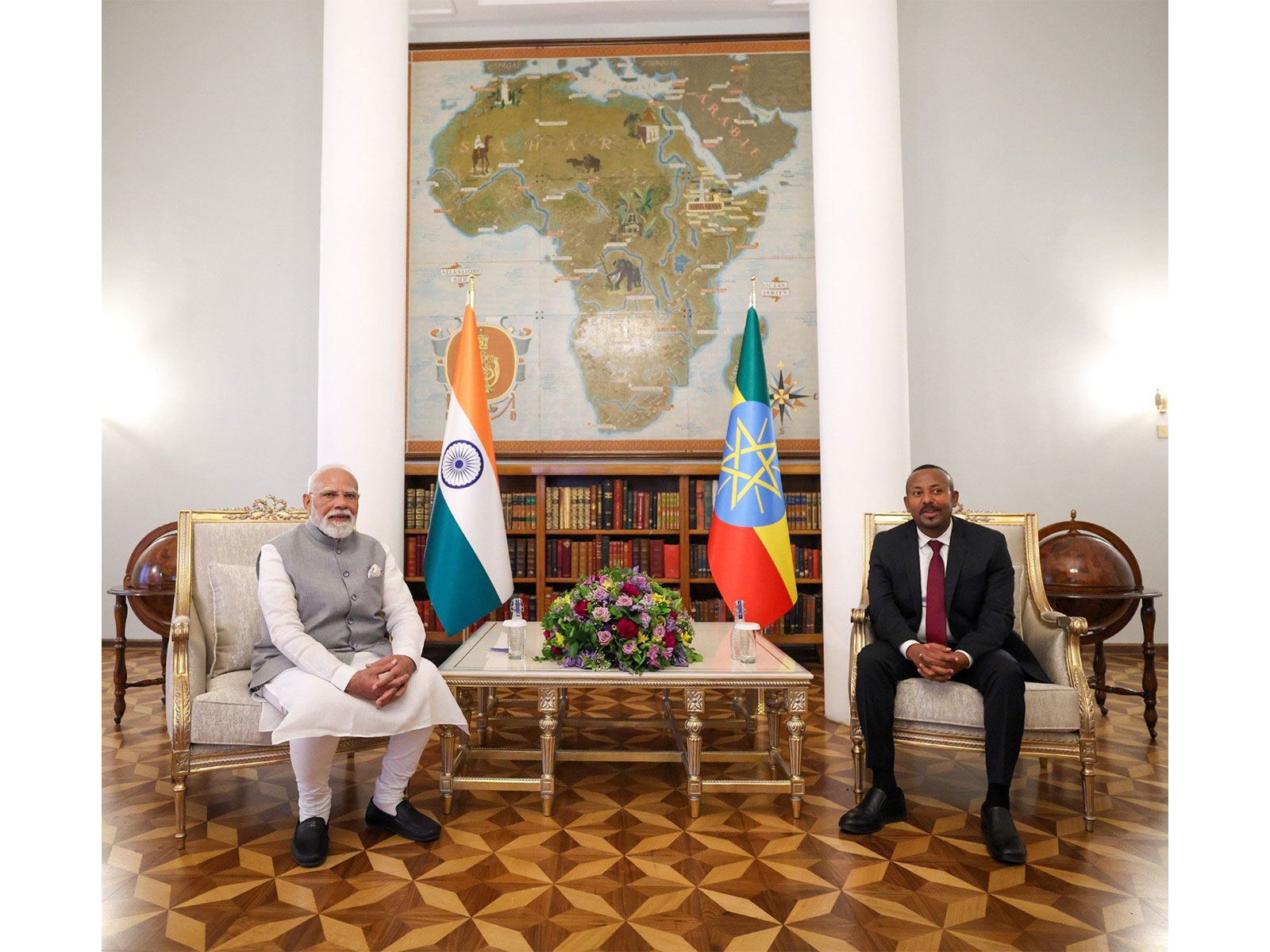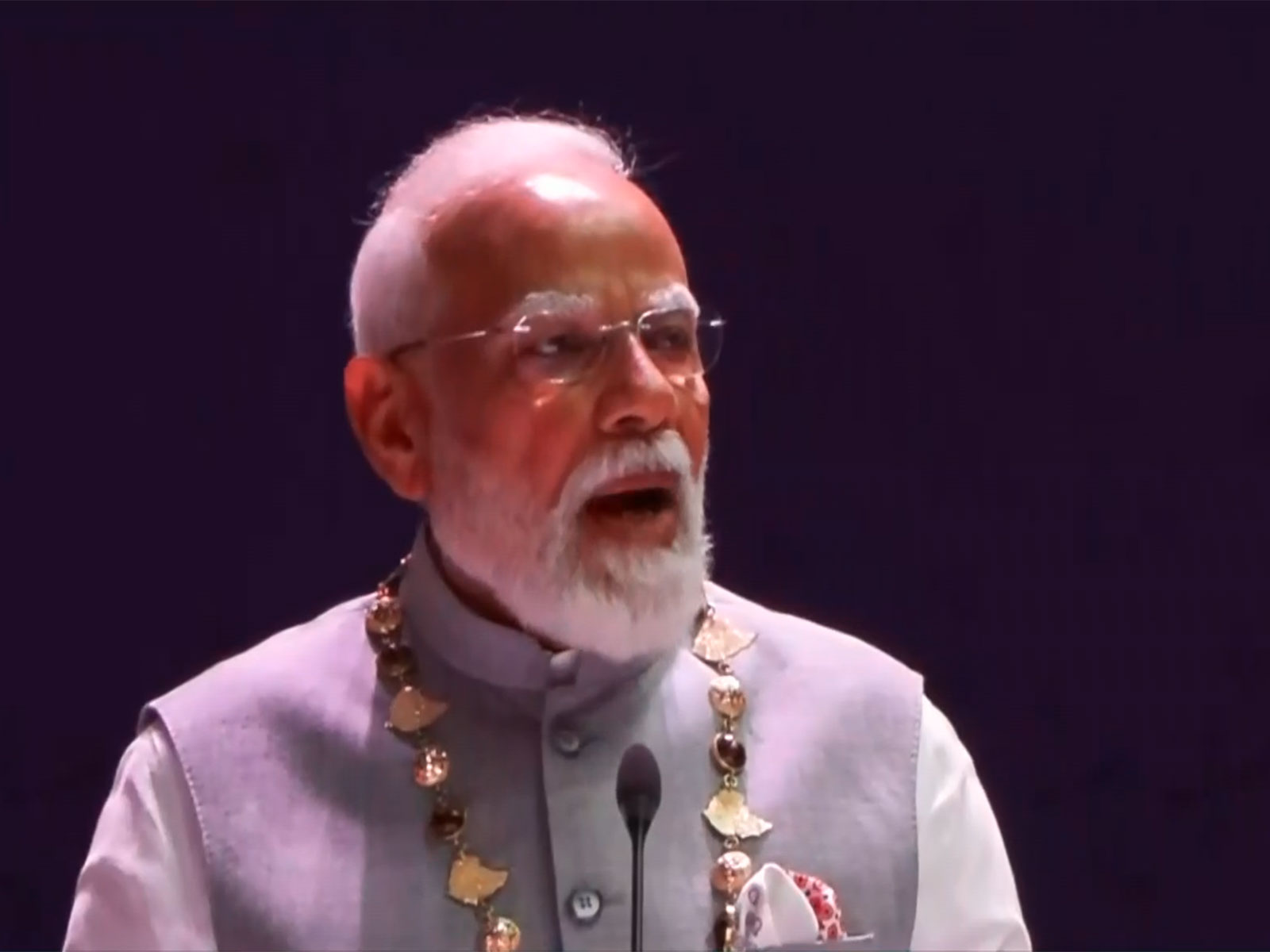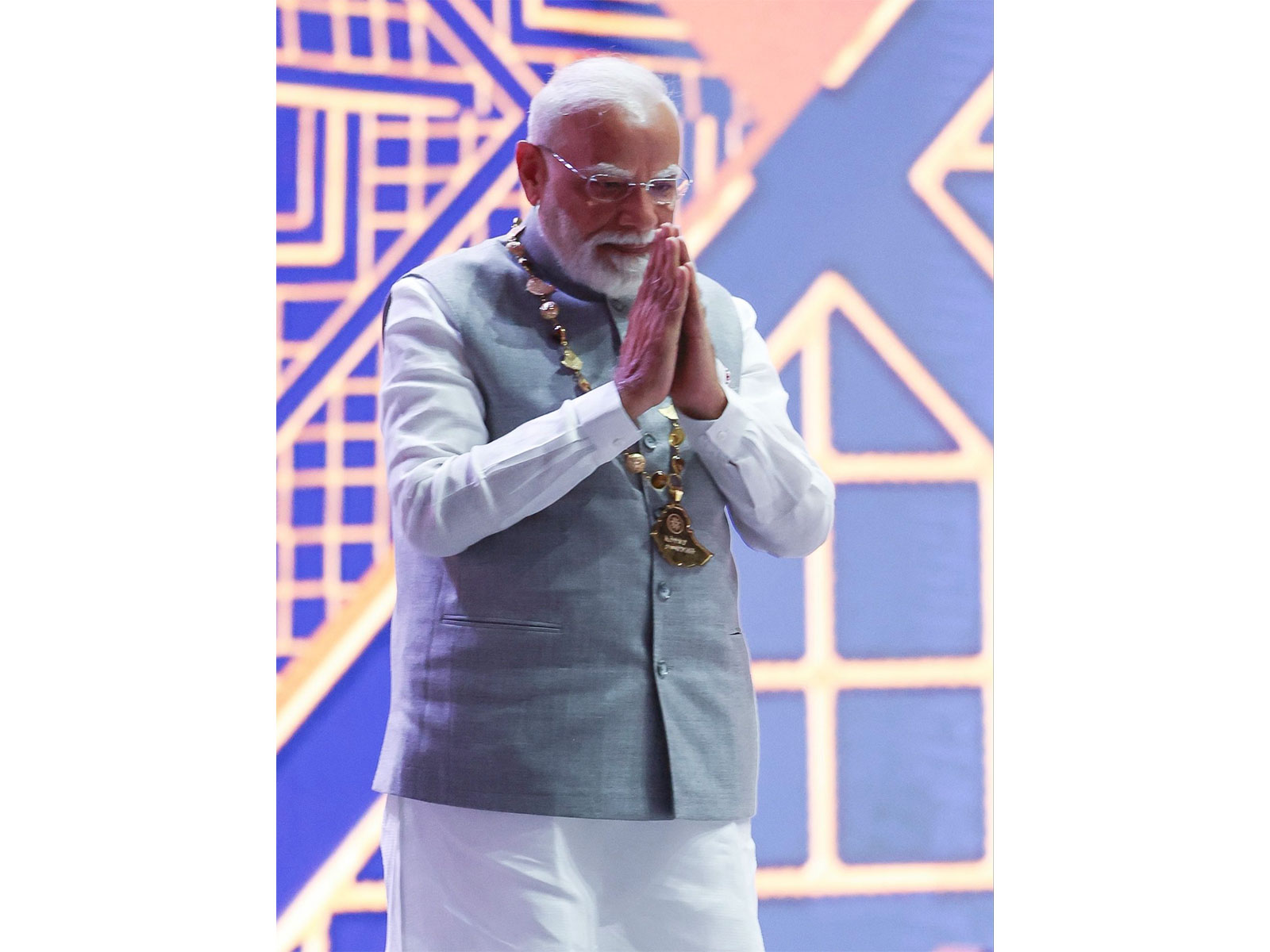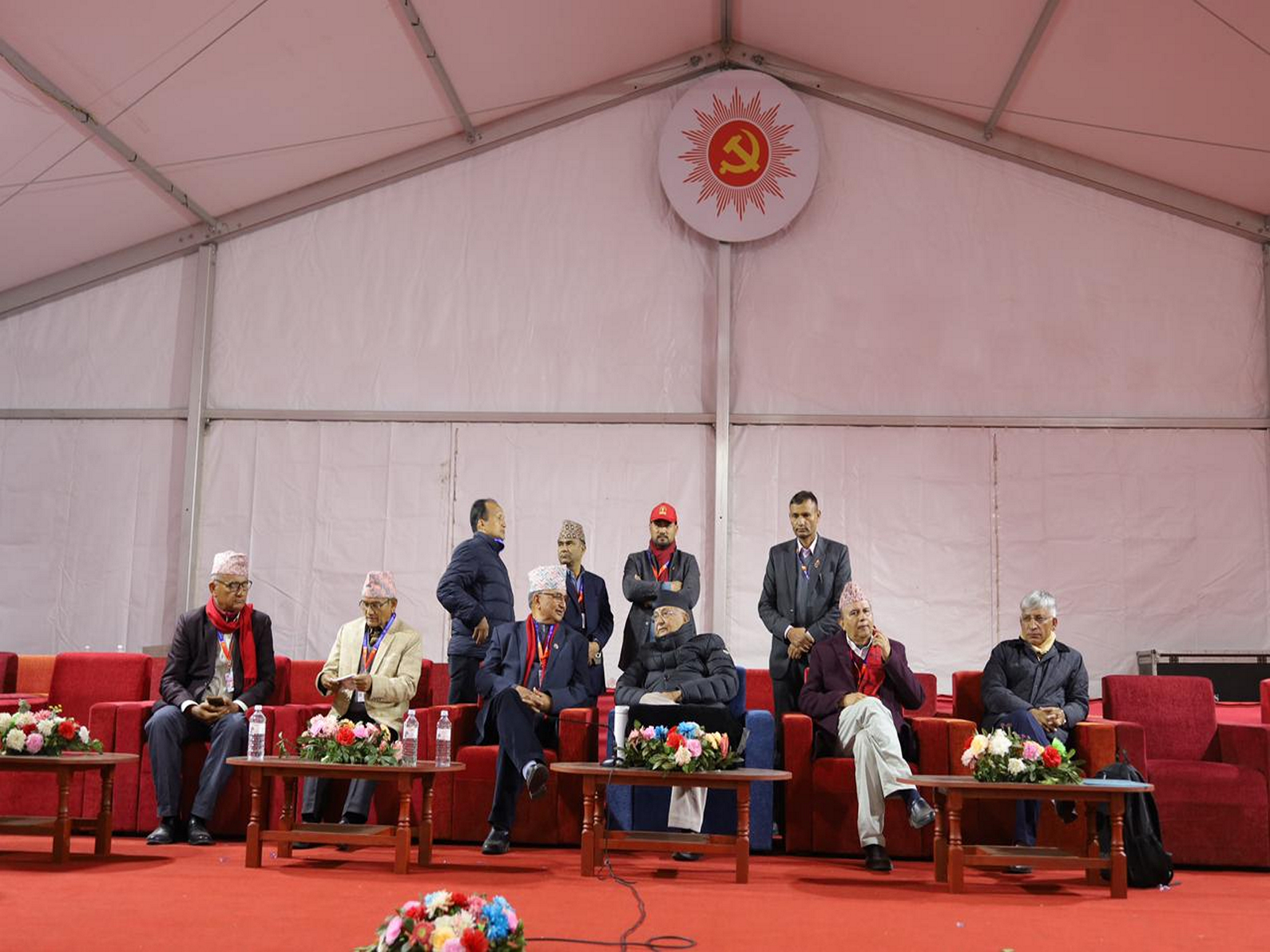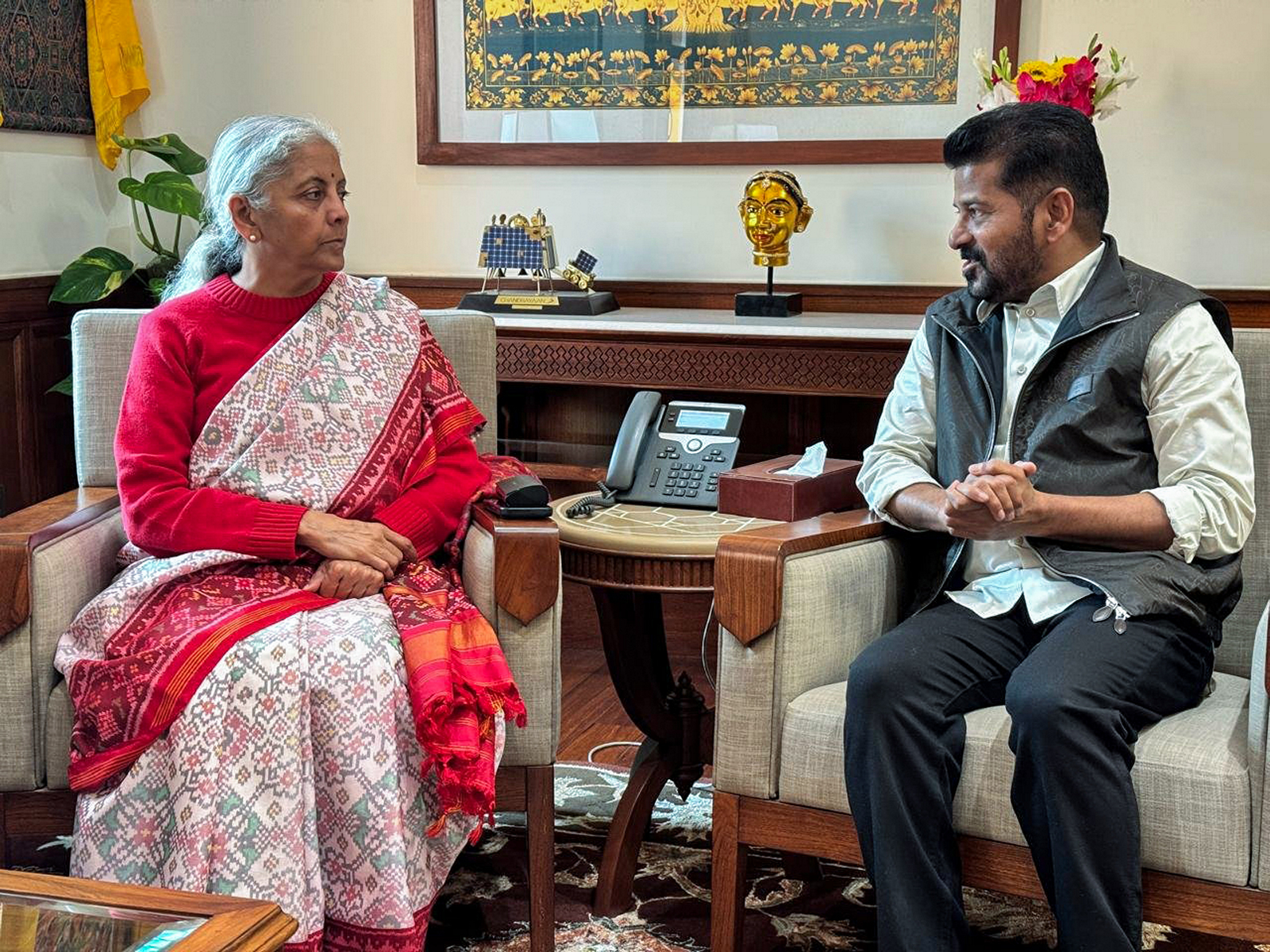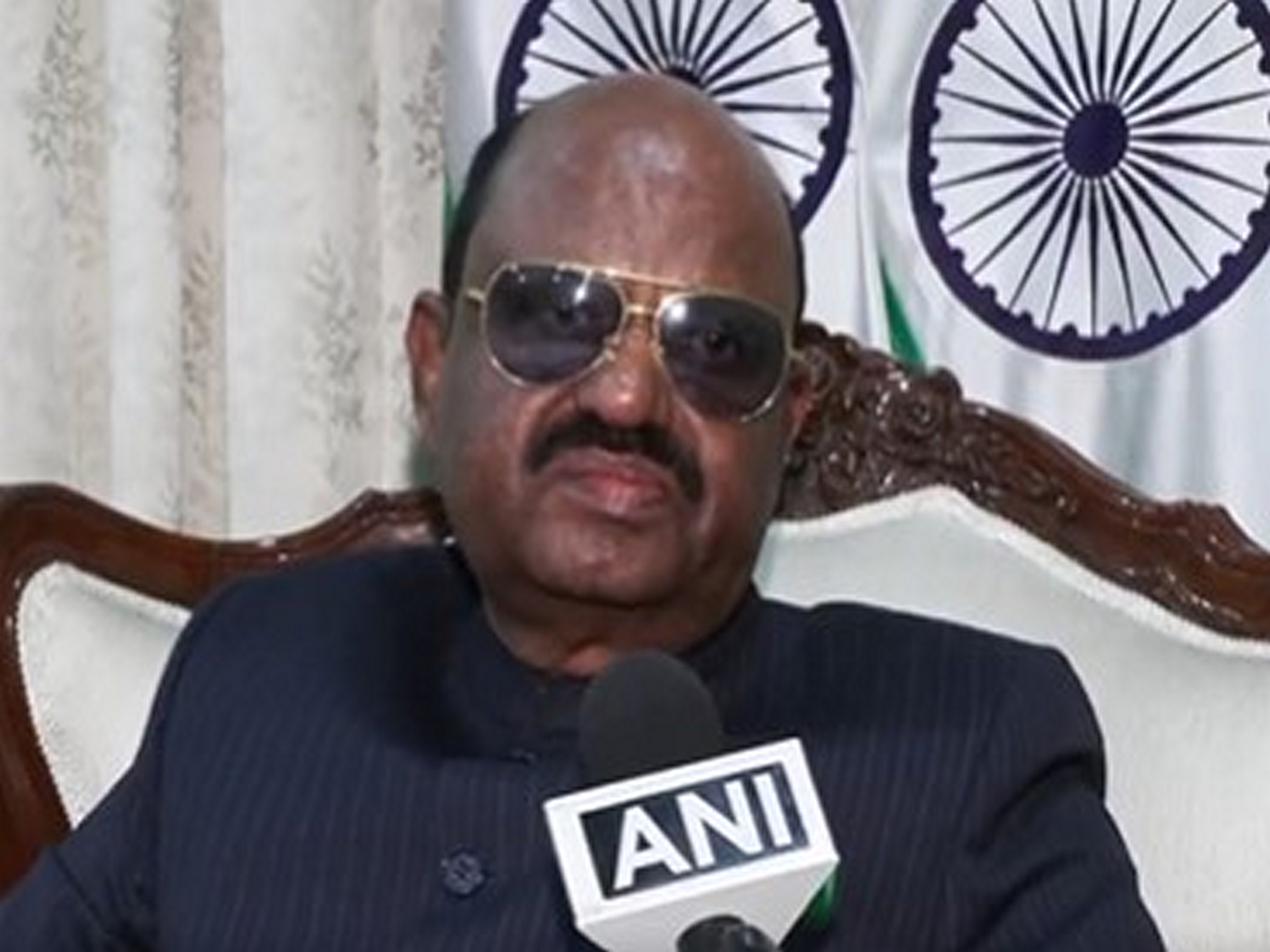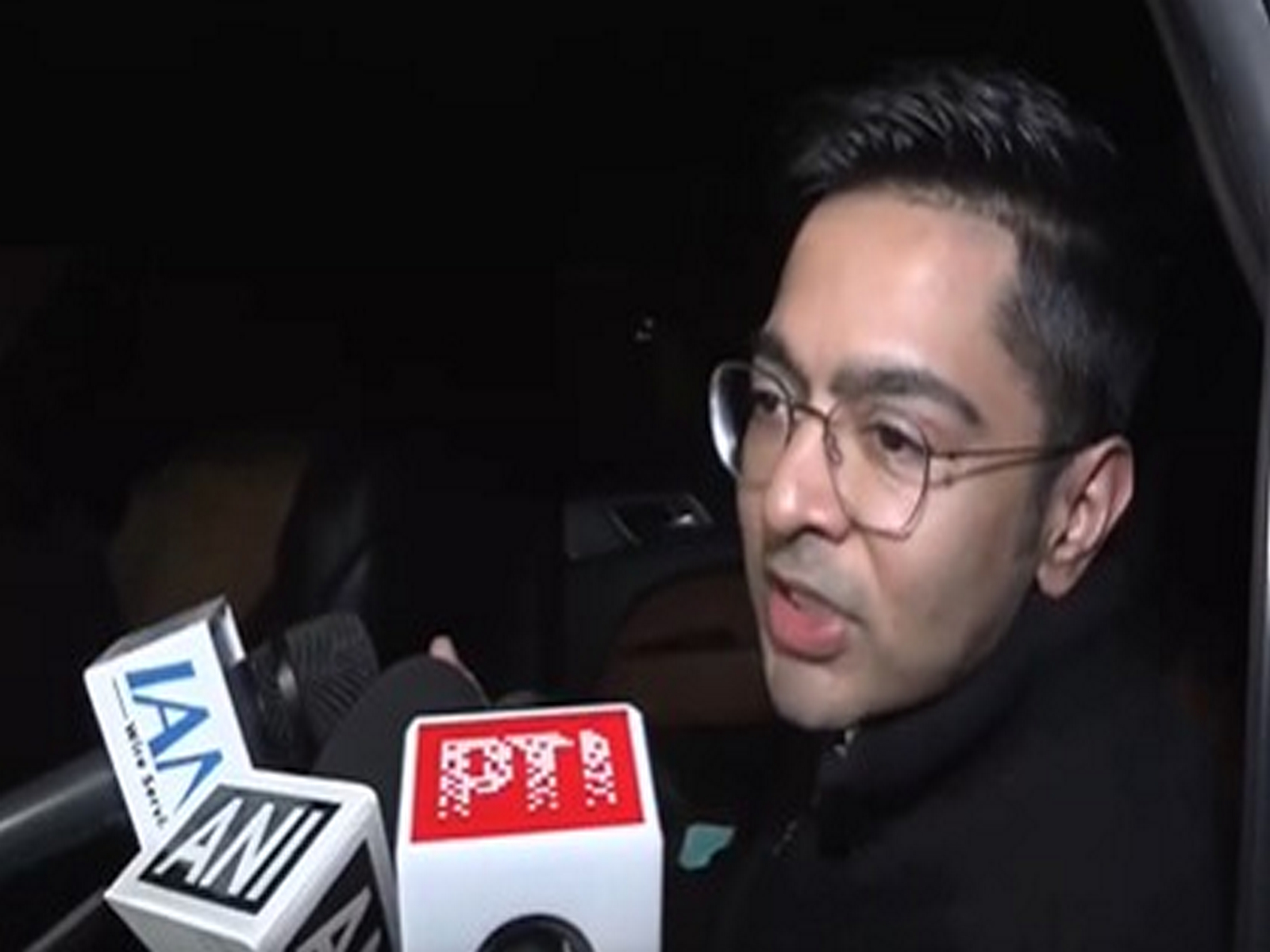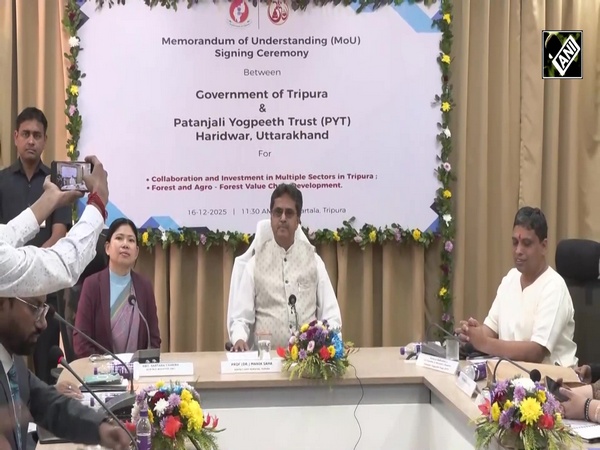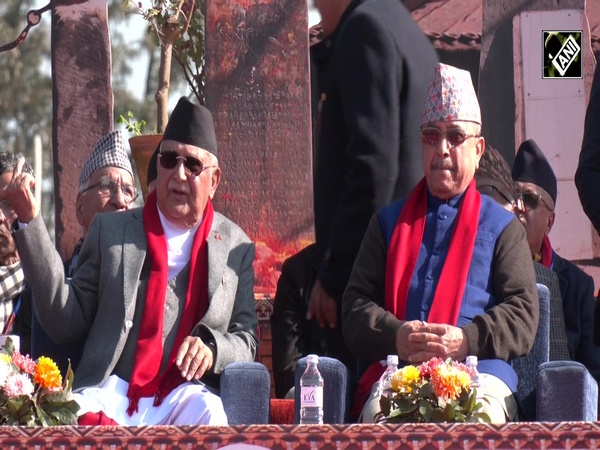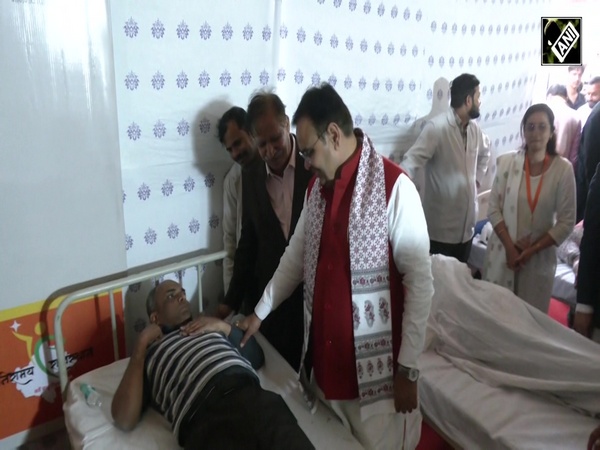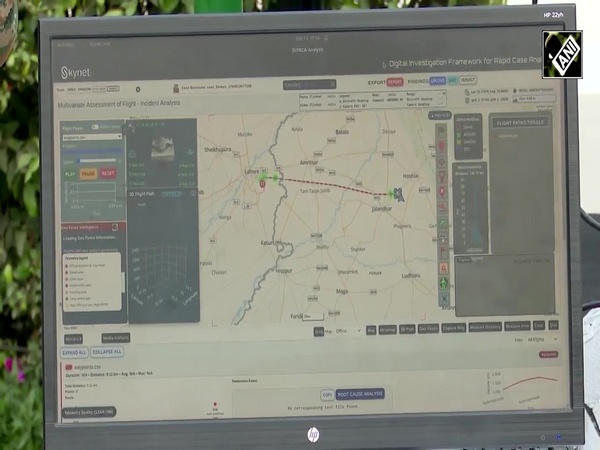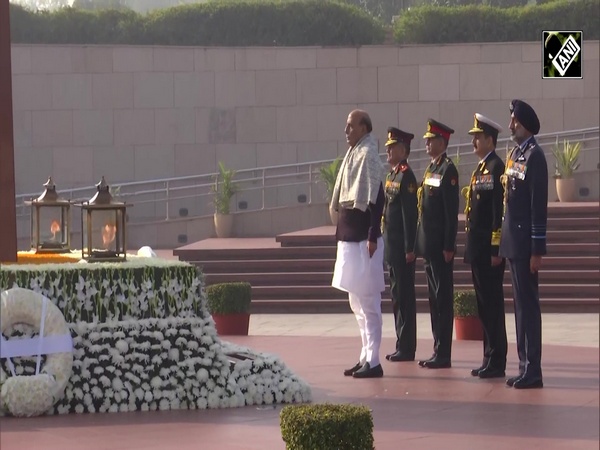Nepal's upper house re-endorses controversial Citizenship Bill
Sep 02, 2022

Kathmandu [Nepal], September 3 : Nepal's upper house has again endorsed the controversial Citizenship Bill without any changes though it was earlier returned by the President.
A meeting of the National Assembly held this evening passed on the bill with a majority after it was presented at the upper house after the House of Representatives (HoR) passed it for the second time.
Before the final round of voting over the bill, it was sent to the Legislative Management Committee for a discussion where it was passed with a majority on August 31.
Earlier on August 14, Nepali President Bidya Devi Bhandari had returned the bill back to the parliament for reconsideration. Though the bill has been endorsed by the Upper House and Lower House some of the members still have reservations and dissatisfaction with the move.
"Those suggestions and messages sent by President have been ignored, failed to analyze properly. What is the formal opinion and thoughts of the Lower House towards those points of reconsideration presented by President? Couldn't it have been sent by discussing all the points and then moved forward? Could it have been followed by the Legislative Management Committee too? Is it good to send it as it was before? In my view that is attack over intellective," Bamdev Gautam, member of the Upper House said while taking part in the final round of discussion on Friday.
In the earlier issued release of August, 14, the President wants some serious discussion on the issue of citizenship which had always been controversial. President Bidhya Devi Bhandari also held rounds of talk with Prime Minister Sher Bahadur Deuba along with other leaders over the controversial bill.
There is a provision in the act that 'In the case of a person who was born in Nepal to a Nepali citizen mother and resides in Nepal and whose father has not been identified, he and his mother must make a self-declaration that his father could not be identified'.
But at the time of filing the application, if the mother of such a person has died or is not mentally stable, the law also provides that the applicant must make a self-declaration with evidence. The word 'self-declaration' has been kept in other sections of the Act.
Similarly, President Bhandari also discussed the issue of naturalized citizenship. She discussed these and other questions focusing on whether naturalized citizenship is a good practice in other countries or not? How is it for our country? Is this practice good or not? The president also discussed whether or not federal laws are needed for citizenship as mentioned in the constitution.
In Article 11 of the Constitution, there is a provision regarding recognition of citizenship of Nepal. Article 113 of the Constitution mentions the subject of Bill Verification and Article 114 of the Ordinance.
"Citizenship is very important issue, sensitive and is linked with nationality, sovereignty, geography, national unity and integrity. Likewise, it is also intermingled with the lives of the citizen. A newly born baby who later grows up, should s/he be provided with the identity or denied? Whether be given the right to live in Nepal as a citizen or not? It is a serious and highly sensitive issue. We already have held rounds of serious discussion over all these provisions," Home Minister Balkrishna Khand replied during the deliberation at Upper House on Friday.
The Bill sent by the Council of Ministers cannot be stopped, examined and studied by the President. Only parliament can test it, and the constitution provides that the bill sent for certification can be returned with a message that the president is not satisfied.
During the discussion with Prime Minister Deuba, President Bhandari inquired about whether she would certify the bill with questions, and send it after keeping the bill and amending it. It is said that Prime Minister Deuba could not promise to re-pass the bill on the question raised by President Bhandari.
The president is given no other option but to certify the bill passed by the majority of parliament. Article 113 of the Constitution provides for authentication of the Bill. There is a provision that the bill submitted to the President for certification should be verified within 15 days and the notification should be given to both houses as soon as possible.
